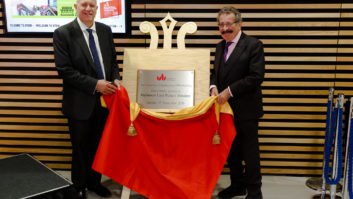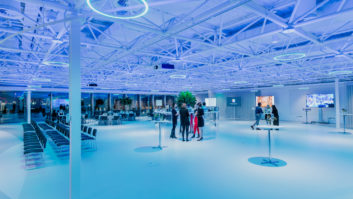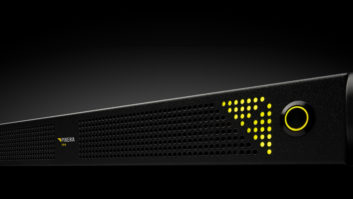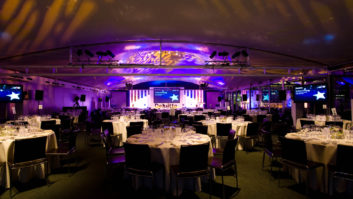
As our stadium audio feature this month demonstrates, major sporting events provide a massive stimulus to the installation market, as new venues are built, existing venues are upgraded, and hotels, restaurants and other businesses take the opportunity to spruce up their offering for the influx of fans.
The biggest of these events is surely the summer Olympics. National governments get behind their cities’ bids to host the games for numerous reasons, but many of them relate to economic growth. The UK Government’s report Beyond 2012 (published before the Games), said: “For thousands of companies across the UK, London 2012 has been a springboard to success, helping them to build contacts, develop new capabilities and expand their horizons. For them, the business legacy of the Games has only just begun.”
Except that’s not exactly right. In our industry, many companies that supplied equipment to the Games are unable to gain business off the back of it because they are not allowed to publicise their involvement. To improve the lot of these firms, the UK Government created the Supplier Recognition Scheme (SRS), which allowed certain suppliers to talk in the three-year period from 2013 to 2015 about their London 2012-related work. This scheme is the first of its kind in the world, but there are some notable product exceptions, including ‘audio, video and audio-visual equipment’. This is to protect the investment of the major sponsors: Panasonic has for many years sponsored the AV equipment category and recently extended the agreement to 2024.
To its credit, PLASA has got involved in this issue. The House of Commons Culture, Media and Sport Select Committee called a debate in Westminster Hall in February on ‘Supporting the Creative Economy’; the committee requested the debate as it was unhappy with the Government’s response to its 2013 inquiry report into the same topic. PLASA CEO Matthew Griffiths gave written and oral evidence to the enquiry, and was also quoted in its report, which urged reform of the SRS.
Then in March, the House of Lords held a debate into the Olympic legacy, in which Baroness Wheatcroft spoke eloquently about Baldwin Boxall, which supplied the stadium with a voice communication system that assists disabled people in an emergency: “It employs just 45 people and has a turnover of around £5 million. Does Panasonic, with around 300,000 employees and revenue last year of $76 billion have anything to fear from Baldwin Boxall? Should Samsung, with 427,000 employees and revenue last year of not £5 million but $269 billion be frightened by the little company from the Wealden Industrial Estate in Crowborough?”
Sadly, the government’s position is that it went further than any other country did in creating the SRS, and it is now constrained by the IOC.
Now I don’t blame Panasonic for wanting to get the best return on its huge investment, and getting the best sponsorship deal it can. But it’s simply not fair that it should have such blanket rights over technologies that it doesn’t have any interest in, just because they fall under the broad heading of audiovisual equipment.
Paddy Baker – Editor, Installation







